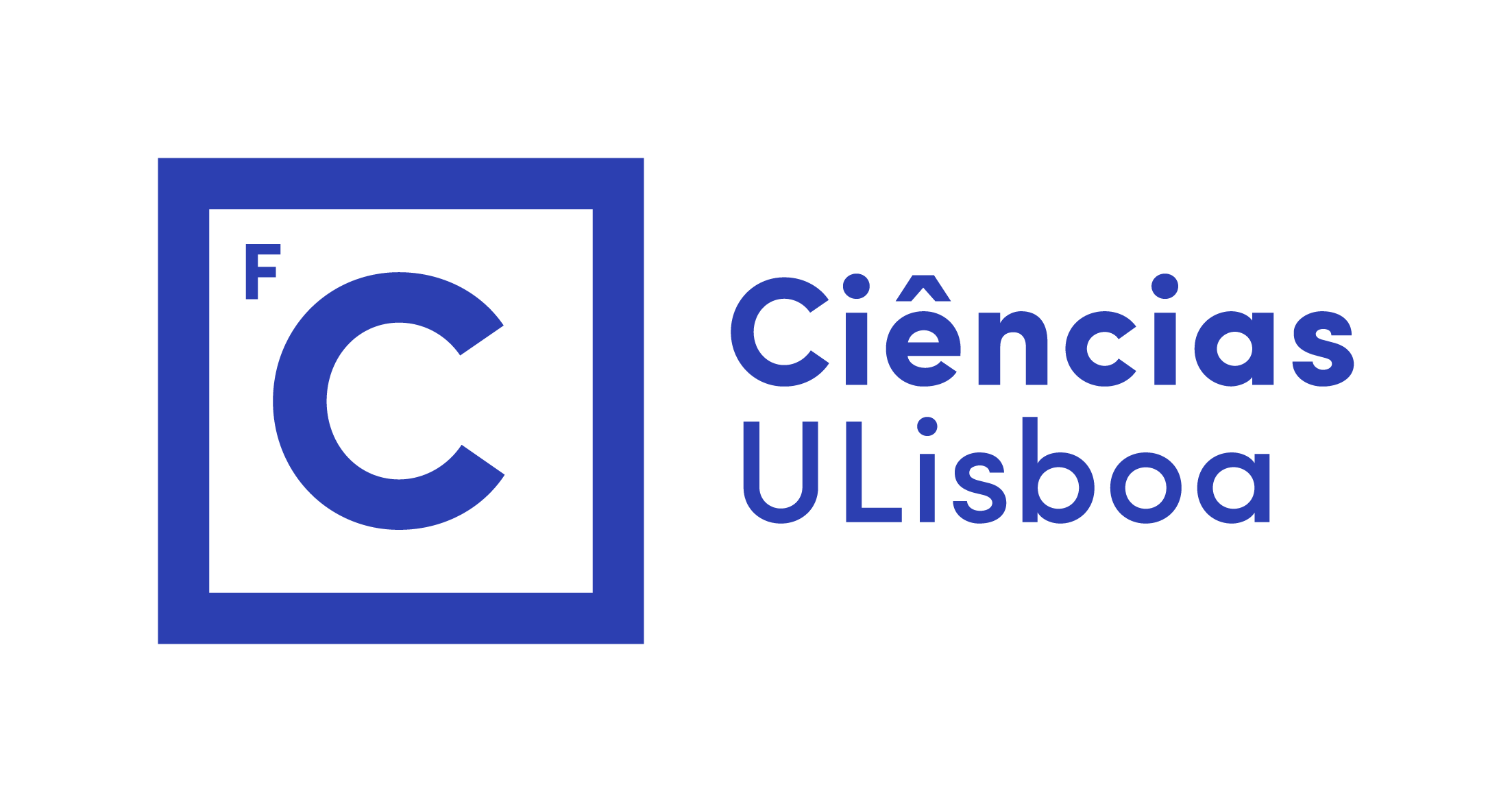
Science and Technology for the Cultural Heritage
Alameda Campus and Tecnológico e Nuclear Campus
Programme Overview
The preservation of material cultural heritage applies science and technology to movable and immovable heritage, to preserve, restore or analyse it, preferably using non-destructive techniques or micro-invasive methods. The role of the Masters in Science and Technology for the Cultural Heritage is to analyze and characterize cultural materials, and to conduct environmental impact studies, with a view to enhancing and preserving the material cultural heritage.
The Masters in Science and Technology for the Cultural Heritage is lectured with the Faculty of Fine Arts, Faculty of Sciences and the School of Arts and Humanities of Universidade de Lisboa.
The Master’s Programme will not accept applications for the 2025/2026 academic year
Programme Structure
The 2nd Cycle in Science and Technology for the Cultural Heritage has a duration of 4 semesters (2 years), equivalent to 120 ECTS. The structure is depicted below:
-
1st year (ECTS)
-
48
-
12
-
-
2nd year (ECTS)
-
24
-
6
-
30
-
-
Core Structure (72 ECTS)
The Master in Science and Technology for the Cultural Heritage (Major) addresses topics such as historical materials and their contexts, geological resources, chemical, isotopic, mineralogical, structural, textural, inorganic and organic material characterization techniques and their analysis, absolute dating techniques, environmental radioactivity, dosimetry, cultural material characterization studies and projects, and environmental impact studies with cultural heritage safeguarding.
-
Free options (21 ECTS)
Part of the curriculum is of fully free choice, i.e., students may choose modules not only in Culture Heritage topics, but also in any other scientific field offered by Técnico.
This component includes the possibility of taking a Minor – a number of multidisciplinary modules – which equals 18 ECTS. The offer cuts across all programmes offered by Técnico.
-
Dissertation (30 ECTS)
The dissertation is the final assignment of the study cycle, which allows students to focus and specialise on a specific subject that may take any of these formats:
- Scientific thesis
- Internship at a company
- Capstone project
Target Audience
The Master in Science and Technology for the Cultural Heritage is intended for graduates in areas related to Chemistry, Technological Chemistry, Chemical Engineering, Geology, Geological and Mining Engineering, Physics, Physical Engineering, Technological Physical Engineering, Civil Engineering, Architecture and related areas. Holders of degrees in the humanities will only be admitted after curricular analysis.
The programme is taught in Portuguese however may there be international or mobility students enrolled, the curricular units will be taught in English.
Career Opportunities
The MSc graduates in Science and Technology for the Cultural Heritage will be prepared to work in public and private sectors related to heritage preservation, such as Museums, City Halls, Cultural Houses, Archaeology Companies, Environmental Impact Assessment Companies, Tourism, Foundations or Auction Houses. They may develop activities such as:
- Projects of development, management and improvement of programs of valorization and preservation of Cultural Heritage;
- Innovation projects in several areas of Engineering, Nuclear Sciences, Geosciences and Environment in interface with History and Archeology;
- Design and implementation of prospective studies for environmental impact assessment;
- Scientific research and development;
- Consultancy and leadership and management functions;
- Scientific dissemination and journalism;
- Professional training and teaching.
Entry requirements
To apply for a 2nd Cycle at Técnico you should:
- hold a 1st cycle degree in Science and Technology (except in the case of the 2nd cycle in Architecture, which requires a 1st cycle degree in Architecture);
- hold an academic, scientific or professional curriculum that certifies their ability to do the MSc programme which they apply for.
Candidates are selected according to these criteria:
- affinity between the degree they hold and the programme they apply for;
- type of degree they hold;
- academic success in the programme they attended.
Note: if requested, we may appreciate the academic, scientific or professional curriculum and the candidate’s performance during the interview.
Students' Organisations
Técnico students autonomously and proactively stimulate projects that complement their academic background. For example, the Students’ Organisations provide them with skills and added value making them more competitive in the labour market.




